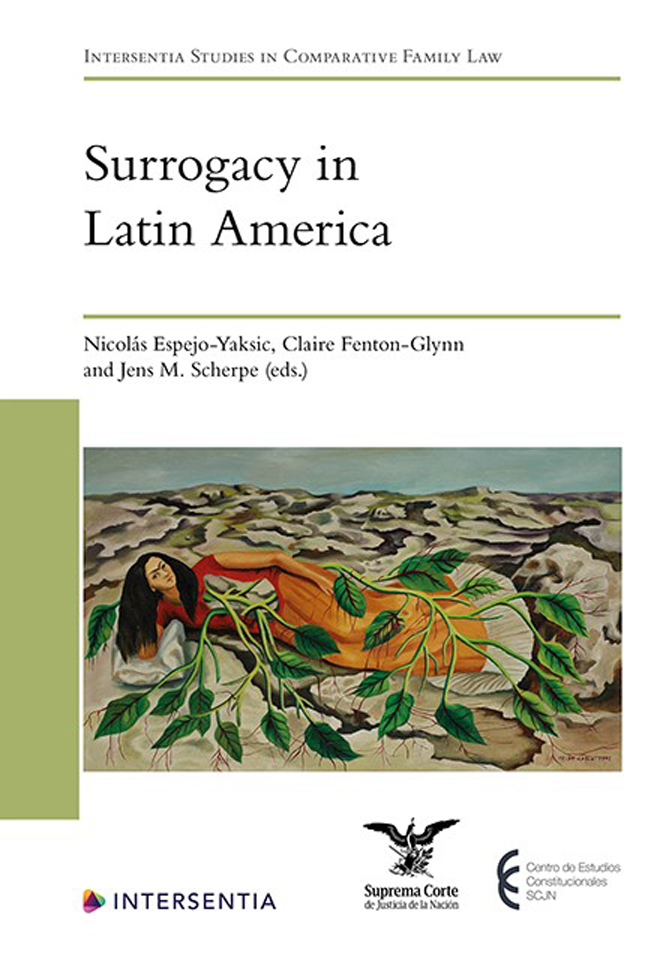Peru
Published online by Cambridge University Press: 09 January 2024
Summary
1. INTRODUCTION
Surrogacy is an unregulated legal practice in Peru that presents ethically and legally complex elements, especially in relation to guaranteeing the human rights of surrogates, who may be in vulnerable situations. This is particularly so given “the existence of large economic and social gaps … between those who seek to access these assisted human reproduction techniques to achieve their yearning for paternity/maternity and those who seek to be donors in exchange for economic retribution”, questioning the freedom – and informed consent – of these decisions. But there have also been situations of children left without a parental relationship or clear nationality for years, people who have not been able to leave the country with their children, and couples arrested and prosecuted for alleged child trafficking. When analysing this matter, attention must be paid to fundamental human rights concerning surrogacy, through a gender, diversity and bioethics perspective.
1.1. THE RECOGNITION OF SEXUAL AND REPRODUCTIVE RIGHTS AND LGBTQ + RIGHTS IN PERU
Peru is one of the countries in Latin America with the worst standards regarding hate crimes and protection of LGBTQ + rights; it does not have a gender identity law, nor is marriage equality admitted, not even of couples legally married abroad. Although advances have been made recently through including rights, gender and multicultural approaches in legislation, anything referring to advances in sexual and reproductive rights is firmly opposed in the Parliament, and citizen opinion is divided and largely inclined towards conservative positions, with Christianity (both Catholic and Evangelical) being a powerful influence on public opinion and political lobbying.
Bills to regulate assisted reproduction have not prospered over the years, and none of them have contemplated sexually diverse persons. In 2009, the Constitutional Court recognised the fertilised egg as a subject of law, jeopardising assisted reproduction, although the decision of the Inter-American Court of Human Rights in Artavia Murillo would subsequently dispel doubts about the legality of the practices, setting the parameters of conventionality. At the time of writing, a Constitutional Court ruling is expected on an egg donation and surrogacy case that will be key to elucidating the legality and scope of assisted reproduction practices in the near future.
- Type
- Chapter
- Information
- Surrogacy in Latin America , pp. 191 - 210Publisher: IntersentiaPrint publication year: 2023



